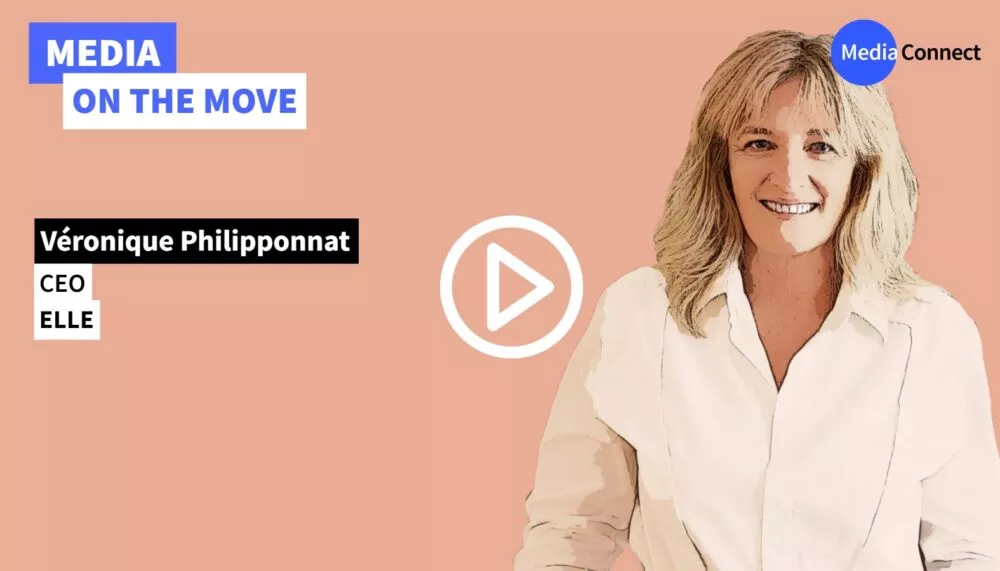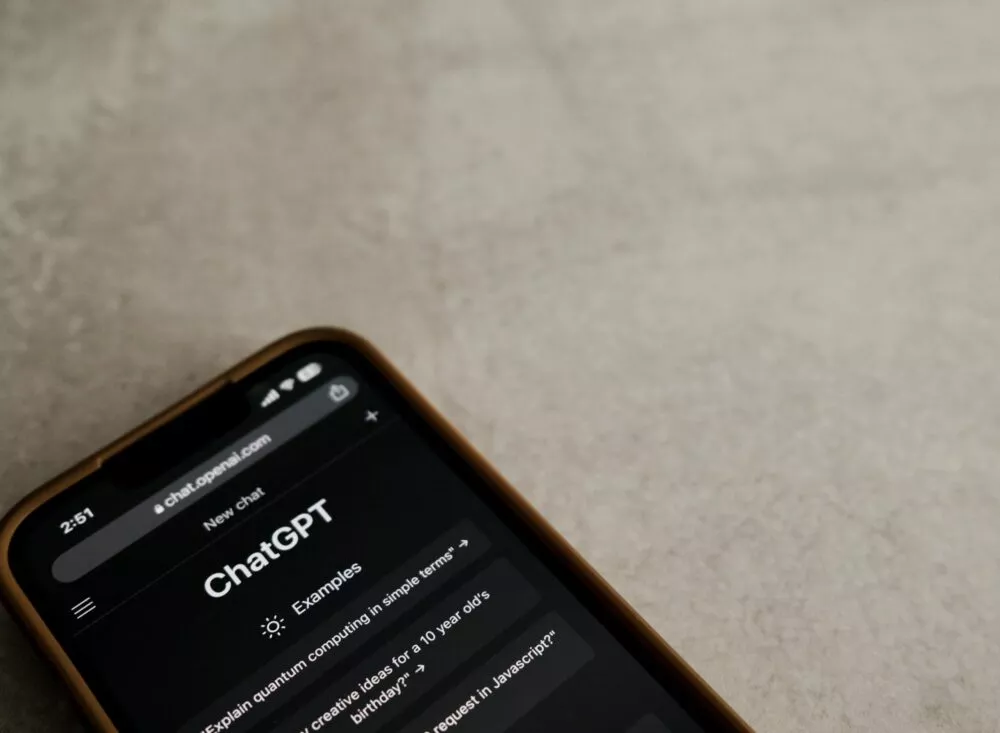For Camille Bluteau, it all started in 2022 after an internship at Ouest France. Freshly graduated from the CUEJ in Strasbourg, she began freelancing as a web journalist. Like 8,417 freelancers in France, Camille does not belong to any newsroom as such. Some media outlets she collaborates with pay her per assignment, meaning based on the content she produces for them, as stipulated by Article 54 of the National Collective Agreement for Journalists.
Additionally, freelancers, like all professional journalists, can only be hired on fixed-term contracts (CDD) for temporary assignments, whose nature and duration must be specified at hiring (Article 17 of the Collective Agreement for Journalists). For this reason, if no formal contract is signed, the freelancer is by default presumed to have a permanent contract (CDI) after three months of collaboration with the same media outlet.
Like many, Camille, a freelancer for several national media, has never signed any contract. But surprise one day at the unemployment office (Pôle Emploi), when trying to recalculate her benefits, her advisor told her they had received several end-of-contract certificates from the same employer. She was thus considered on fixed-term contracts by that employer — an illegal but widespread practice.
"There are still media outlets that ignore, or pretend to ignore, that when we are freelancers without signed contracts, we are then presumed to be on permanent contracts," says freelance journalist Nora Bouazzouni. Attracted by the flexibility of working conditions and freedom of topics, she started freelancing in 2015 after working eight years for various media. "I think everyone gets caught, but many say nothing because they feel alone and the path is difficult," laments Camille Bluteau.
Income by drips and drabs
For Nora, clichés about journalists are far from reality. "The fantasy of the well-paid hipster journalist collapses when you look at freelancers' incomes."
According to the 2022 income scale for journalists registered in France by the Press Professions Observatory, the median income for freelancers is €1,954, with a median gross monthly salary of €1,623 for newly registered press card holders, versus €2,077 for those who have held the card for at least a year.
Since freelancers are paid per assignment, their income depends on the volume of their work. The rates are regulated by a scale set by collective agreements. Thus, payments can be per unit of text (1,500 characters) for print journalism, per photograph for photojournalism, or per working day for TV and radio journalists. These drip-fed earnings depend on supply and demand: "We have periods with and without assignments, which is why so many freelancers supplement their income with unemployment benefits," explains Nora.
Legally, a freelancer is not "independent," "self-employed," or "freelance" in the sense that such status would prevent them from benefiting from labor law protections, the National Collective Agreement for Journalists, press card renewal, unemployment benefits, or even the ability to take legal action before labor courts. Like all employees, freelancers contribute to unemployment insurance, health, and retirement rights.
Recent gains but persistent inequality
However, equal rights between freelancers and "regular journalists" have only recently been obtained. For example, journalist Ariane Lavrilleux told us in an interview that maternity leave coverage at 100% was only granted to freelancers since 2020 following mobilization by her association, Prenons la Une. "We are considered second-class journalists; freelancers' precariousness keeps us in a subordinate role, and we are the adjustment variable in case of budget cuts or layoffs," Nora Bouazzouni even believes.
Since freelancers are employees, they can only be paid a salary, even without holding a press card. Paying a freelancer as a contractor, via author rights or invoicing, is simply illegal for media companies or others. "I realized after talking with many freelancer colleagues that many media outlets are breaking the law. They offer better pay as author rights than as salary. In reality, freelancers lose out on salary protection, social contributions, and obtaining or renewing their press card," Nora Bouazzouni testifies. Faced with such practices, she created the website Paye Ta Pige in 2019, which lists rates practiced by media outlets. According to her, it serves to inform freelancers, enable unions to expose media who don't respect the law, and also show the public that freelancers are often paid very poorly.
"Reversing the power balance"
To assert their rights, the journalist does not hesitate to use more direct methods such as "name and shame," publicly denouncing companies' behavior online. "Of course, ideally, we prefer to first discuss and negotiate," Nora assures. "But when you chase your salary for six months or a year, the last resort is to post it on Twitter. And that's good, because it saves journalists from labor court cases." A practice effective but risky, as some media now refuse to work with her, accusing her of being "too outspoken" on these issues.
Being a freelancer represents "a huge mental burden" for Nora. Her colleague Camille shares this feeling; before meeting with other freelancers, she felt "alone and helpless" facing powerful institutions. "I don't want to be walked over because a media outlet decided not to follow the law. I'm a journalist; I want my status and rights respected," argues the web freelancer.
To try to "reverse the power dynamic," Nora joined the association Profession : Pigiste. "Many colleagues don’t know their rights or the media their duties. Together, we are so much stronger!"
By Alix Fortin
To learn more:
- Freelance guide for freelancers: click here
- Freelance charter for employers: click here
- National Journalists’ Union website: click here








